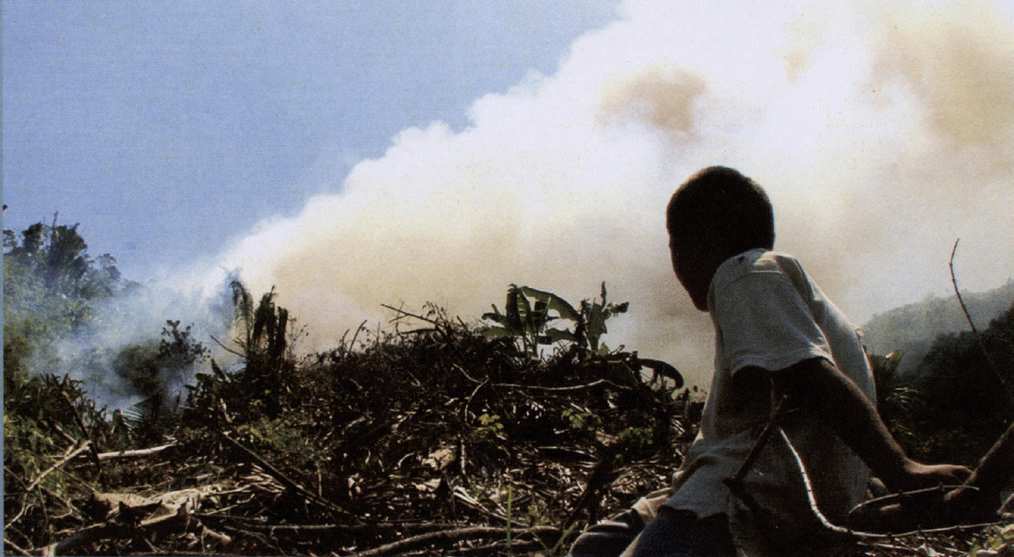Seeking to Leave Honduras, a Desperate Man Instead Learns How to Revitalize His Farm & Restore the Environment
Reprinted from Revitalization Magazine

Seeking to Leave Honduras, A Desperate Man Instead Learns How to Revitalize His…
By: James Potter
For generations, slash-and-burn agriculture has been a way of life for subsistence farming families in the tropics around the world. Families clear cut and burn patches of rainforest to create plots of fertile soil on which to grow their basic food crops; the soil fertility, however, does not last.
Crop failure and subsequent erosion forces families who depend on slash-and-burn to keep clearing new patches of rainforest every few years just to survive. More than 200,000 acres of rainforest are destroyed every day, and more than two billion tons of carbon—more than all global transport combined—are released into the atmosphere every year.
Slash-and-burn subsistence agriculture has fed millions of families over past centuries; today it maintains some 250 million of their descendants in poverty; its widespread failure is an underlying cause of rural-urban migration and climate refugees.
Damas Nunez in northern Honduras had reached a point of real economic desperation where he decided his best option to feed his family was to flee north and become an undocumented worker.Damas visited the Inga Foundation demonstration farm, received training and his own Inga seeds to plant, and the team showed him how to revitalize his degraded plot by planting hedgerows of the nitrogen-fixing Inga edulis. Damas now has food security and cash crops to sell.
He visited a friend in the upper reaches of the Cangrejal Valley to say goodbye and saw that Eli had implemented a new agroforestry program—Inga alley-cropping—and he was astounded by it.

